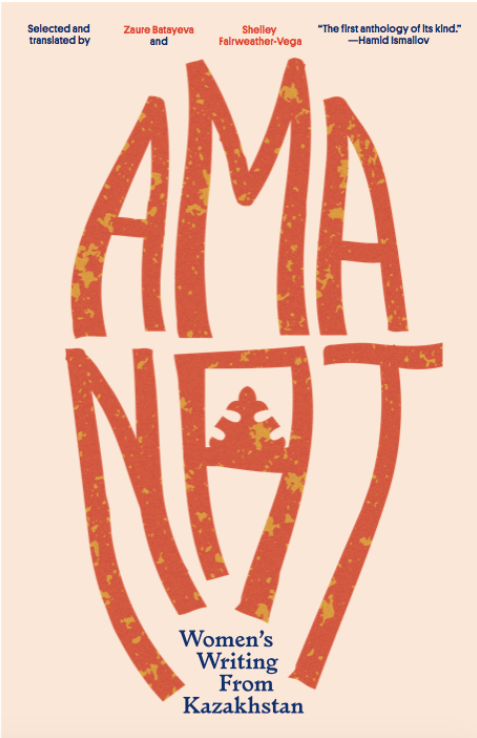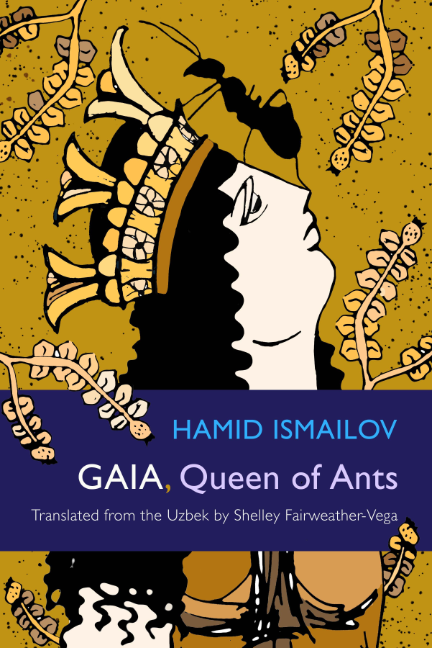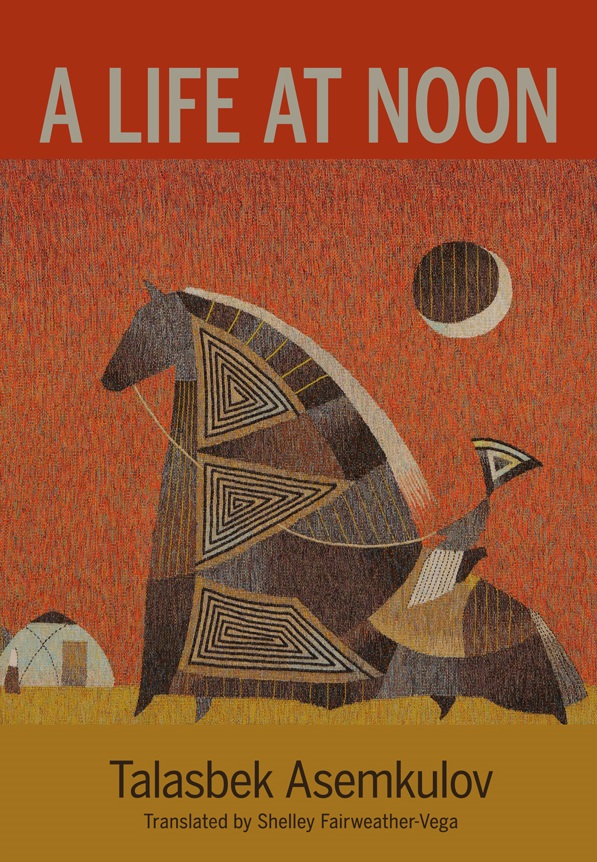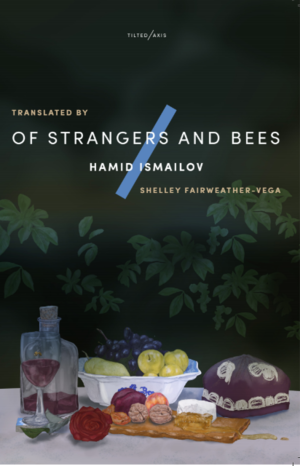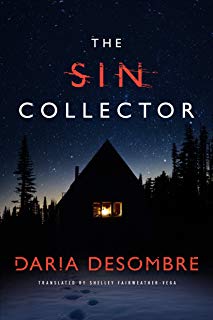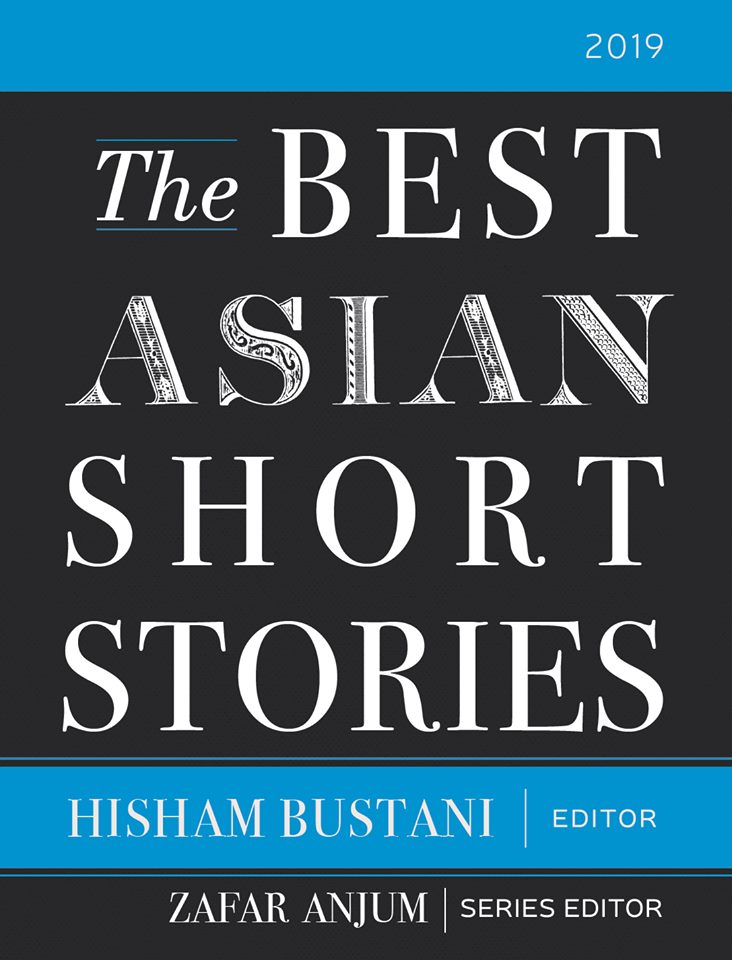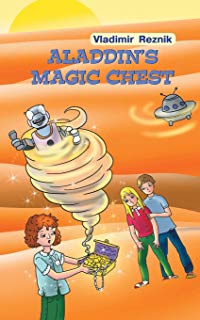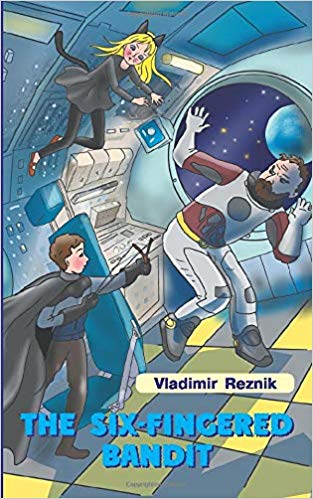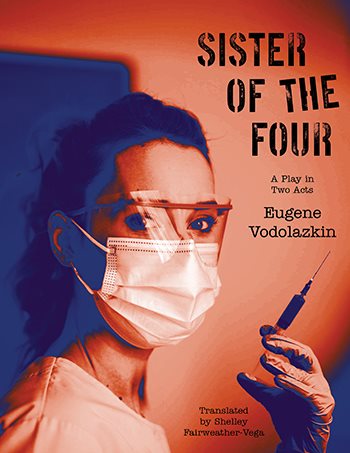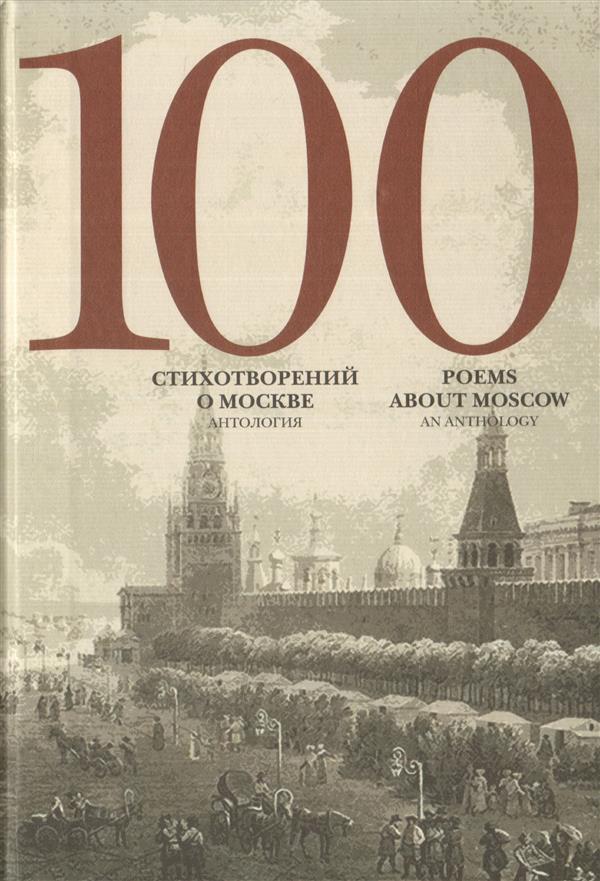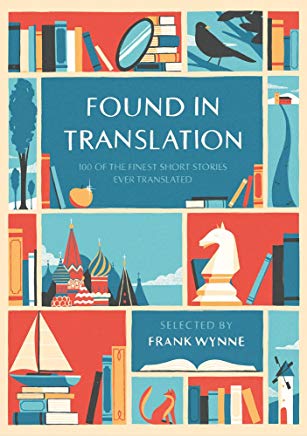Publications
Portfolio
Here you can see some samples of my recent work - translation of various types of texts, in various styles, for various audiences.
For a more complete list, request my CV.
What I've Translated
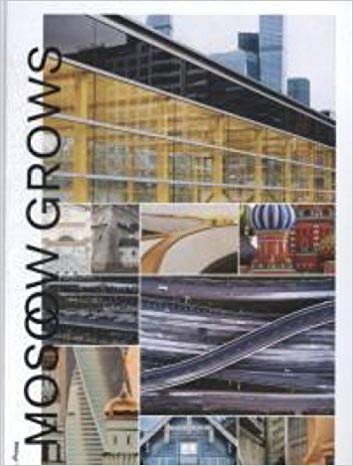
Contributor: History of Moscow
Literary Translation
Quarantine Poems by Oral Arukenova
Published in Brooklyn Rail, 2020
Short rhyming verse
Published in Translation Review, 2017
Original Russian
Россия тридцать лет живёт в тюрьме.
На Соловках или на Колыме.
И лишь на Колыме и Соловках
Россия та, что будет жить в веках.
Всё остальное — планетарный ад:
Прокля́тый Кремль, злощастный Сталинград.
Они достойны только одного —
Огня, испепелящего его.
Journalism and Commentary Translation
Interview with Pussy Riot about a new music video. Published in Pitchfork, 2015. Visit published version
Original Russian
Видео также построено на минимализме. Из кинематографических работ, которые вдохновляли нас, можно назвать “Догвилль” Ларса фон Триера – где схематичный аскетизм, как художественный прием, доведен до совершенства, “Необратимость” – Гаспара Ноэ – где наиболее сильно показана жестокость и который остался в искусстве – последним кадром – круговоротом отлетающей наверх камеры. Одной из наших целей было показать, что эта могила находится нигде, то есть может находится где угодно. Поэтому цветовое решение – темная, немного мистическая картинка – безусловно результат влияния Дэвида Линча, большими фанатами которого мы являемся.
Для нас важна идея одного кадра. Мы считаем, что это наиболее честный метод сокращения дистанции между зрителем и теми, кого закапывают. Мы не режиссеры и не люди кинематографа, мы – последователи концептуального искусства, поэтому каждый элемент нашего видео должен содержать в себе не только эстетическую ценность, но и быть концептуальным элементом.
“Русская весна” – не только надпись на пачке сигарет, которую зритель видит в начале видео. “Русская весна” – это идеологическая конструкция, которая сделала с Россию такой, какой видит ее сейчас мир, хоронящей себя и свою свободу заживо.
FairVega Translation
The video also aims for minimalism. We were inspired by Lars von Trier’s Dogville, where schematic asceticism, as an artistic approach, is really perfectly implemented. Also Gaspar Noé’s Irreversible, which depicts cruelty so forcefully, and that is something that stays in the art, in the last shot, with the cameras floating upward and around in a circle. One of our goals was to show that this grave is located in no particular place. It could be anywhere. So our decisions about color—with a dark, somewhat mystical picture—are definitely the result of David Lynch’s influence. We’re big fans.
The idea of a single take is important to us. We think that is the most honest way to reduce the distance between the viewers and the people getting buried. We aren’t film directors or cinematography people. We are students of conceptual art, so each element of our video had to contain aesthetic value and also be a conceptual element.
The label on the pack of cigarettes you see at the start of the video reads “Russkaya vesna,” or “Russian spring.” That’s not just a label. It’s the ideological construct that made Russia the way the world sees it now, burying itself and its freedom alive.
Original excerpted from an editorial published in Vedomosti on February 15, 2013. Translation published in Current Digest of the Russian Press, available by subscription. Original article available here
Original Russian
Речь Путина была выстроена просто, как в армии. Главная конструкция такая – «у граждан есть право, но…»: «Конституционное право граждан на свободу слова незыблемо и неприкосновенно. Однако при этом ни у кого нет права сеять ненависть, раскачивать общество и страну и тем самым ставить под угрозу жизни, благополучие, спокойствие миллионов наших граждан» или «У нас формируется сильное, дееспособное, зрелое гражданское общество … Вместе с тем, хочу подчеркнуть, ни у кого нет монополии на право говорить от имени всего российского общества, тем более у структур, управляемых и финансируемых из-за рубежа, а значит, неизбежно обслуживающих чужие интересы». Для Путина очевидна прямая связь экстремистских и террористических группировок, поэтому с экстремизмом надо бороться максимально решительно.
«Право раскачивать страну» или «право говорить от имени всего общества» не содержатся ни в одном кодексе, и если пользоваться либеральным принципом «что не запрещено, то разрешено», то эти права ничем не отличаются от права стоять на одной ноге по понедельникам. Впрочем, право стоять на одной ноге хотя бы конкретно, а право раскачивать страну – чрезвычайно расплывчато и вообще метафора.
И хотя Путин делал оговорки о необходимости «безупречной правовой, юридической чистоты», коллеги могли – просто исходя из профессиональных навыков – понять это как операцию прикрытия.
Putin’s speech used simple formulations, like they do in the army. The chief construction used was “Citizens have the right, but,” as in, “The constitutional right of citizens to free speech is firm and inviolable. But at the same time, nobody has the right to sow hatred, or shake up society and the country, thereby threatening the lives, well-being, and serenity of millions of our fellow citizens,” or, “A strong, competent, mature civil society is taking shape here … But, I want to emphasize, nobody has a monopoly on the right to speak in the name of the entire Russian public, especially organizations managed and financed from abroad, which therefore inevitably serve foreign interests.” For Putin, there is an obvious, direct tie between extremist and terrorist groups, and therefore extremism must also be fought with the utmost resolve.
The “right to shake up the country” and the “right to speak in the name of the entire public” are not listed in a single code of law, and if we apply the liberal principle of “that which is not forbidden is permitted,” then those rights are no different than the right to stand on one foot on Mondays. But the right to stand on one foot is at least something concrete, while the right to shake up the country is extremely slippery, and, really, a metaphor.
And even though Putin did stipulate the need for “impeccable legal, judicial purity,” his colleagues may have – simply out of professional habit – understood this as a cover-up operation.
Scholarly Translation
“The Moscow Calendar’s Going Islamic,” an essay by Hamid Ismailov on the intersections between Central Asian culture and Soviet poetry. Published in The Critical Flame, November 2016. Visit published version.
The St. Petersburg Classic School: Myth or Reality? (Valery Glivinsky, Ivan Fedoseyev)
Legal Translation
Excerpt from a Republic of Kazakhstan law on banking. British spelling required.
Original Russian
Статья 29. Создание, закрытие филиалов и представительств банка
1. Банк-резидент Республики Казахстан на основании решения совета директоров банка без согласия уполномоченного органа вправе открывать свои обособленные подразделения – филиалы и представительства как на территории Республики Казахстан, так и за ее пределами.
2. Банк в течение тридцати рабочих дней с даты учетной регистрации своего филиала и представительства в органах юстиции обязан письменно уведомить уполномоченный орган об их открытии с приложением:
1) нотариально засвидетельствованной копии свидетельства об учетной регистрации филиала и представительства банка;
2) нотариально засвидетельствованной копии положения о филиале или представительстве с отметкой и печатью зарегистрировавшего органа юстиции;
3) нотариально засвидетельствованных копий заключения и акта проверки Национального Банка, подтверждающих соответствие помещения филиала требованиям, установленным нормативными правовыми актами Национального Банка (при открытии филиала);
4) нотариально засвидетельствованной копии доверенности, выданной первому руководителю филиала или представительства.
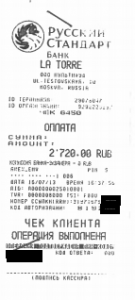
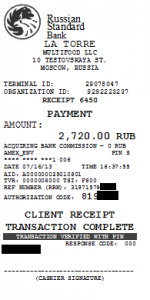
Writing and Talking About Translation
About Trilingual Translation
Essay for Turkoslavia
Why We Translate Central Asia While All Eyes Are On Ukraine
Essay for Voices on Central Asia
Decolonizing and Demystifying Central Asian Literature Through Translation
Interview with Global Voices
Intralingo Spotlight Interview
With Lisa Carter and Hamid Ismailov
Interview for a Kazakh literary journal (English version)


